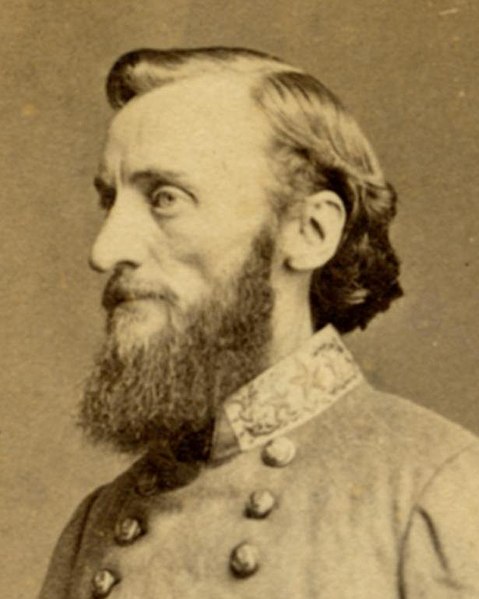On September 6, 1863, near Little Rock, Arkansas, a duel was fought between John S. Marmaduke and Lucius M. Walker, two generals in the Confederate States Army. Tension had risen between the two officers during the Battle of Helena on July 4, 1863, when Marmaduke accused Walker of not supporting his force, and then retaliated by not informing Walker of a Confederate retreat. Marmaduke was later assigned to serve under Walker during a Union advance against Little Rock. Walker did not support Marmaduke during a retreat after the Battle of Brownsville, and Marmaduke questioned Walker's courage after the Battle of Bayou Meto on August 27. A series of notes passed between the two generals by friends resulted in a duel, during which Marmaduke fatally wounded Walker. Marmaduke was arrested and charged with murder, but was soon released and later the charge was dropped. He survived the war and later became Governor of Missouri. Union forces captured Little Rock later in the campaign, after the Battle of Bayou Fourche.

John S. Marmaduke
Lucius M. Walker
A Model 1861 Colt Navy revolver, the type of weapon used during the duel
John Sappington Marmaduke was an American politician and soldier. He was the 25th governor of Missouri from 1885 until his death in 1887. During the American Civil War, he was a senior officer of the Confederate States Army who commanded cavalry in the Trans-Mississippi Theater.
Major-General John S. Marmaduke, portrait carte de visite by Charles D. Fredricks
West Point class of 1857
John S. Marmaduke in uniform






